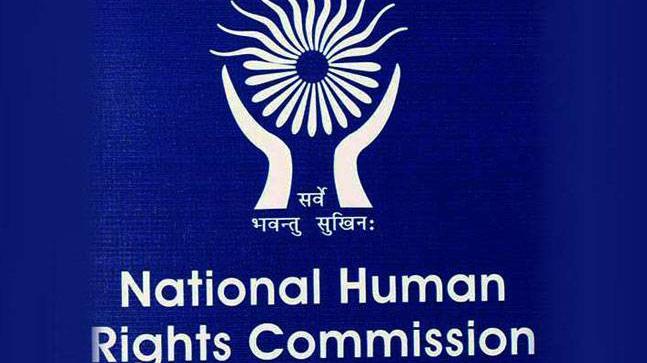Kendrapara: The National Human Rights Commission (NHRC) has sent a reminder to its special rapporteur Bibhuti Bhusan Mishra to submit his report on the large scale displacement caused by the Kanpur Mega Irrigation Project in Keonjhar district.
The project is planned on the river Baitarani. Taking serious note of the earlier petition and subsequent submissions filed by rights activist Radhakanta Tripathy, the NHRC sought the report within six weeks.
The NHRC had appointed Misra as its special rapporteur for east zone, and he was requested to visit the affected area to assess the situation, and to recommend measures for protecting the rights of the affected people and submit his report within eight weeks.
A copy of the letter dated April 23, 2018 received from the Principal Secretary of the Revenue & Disaster Management Department and the inquiry report of the Revenue Divisional Commissioner, Northern Division, Sambalpur, as well as the point-wise comments on the issues raised by the complainant were also sent to Misra for verification during the same period.
However, Misra failed to file his report, and he was once again directed to submit the report to the NHRC within six weeks.
In July, the special rapporteur and the petitioner had visited villagers of the affected area, and had listed the illegal acts there.
Earlier, the RDC of Sambalpur had hastily asked the stakeholders to be present at the Rehabilitation and Peripheral Development Advisory Committee (RPDAC) meeting November 2.
The pro-bono lawyer of the case, Tripathy, had alleged that thousands of displaced people have been suffering, and that the reply submitted by the authorities does not give a true picture of the plight of affected people.
He said the report was silent on the intervals of RPDAC meetings, the number of people to be settled, the lack of basic infrastructure and the absence of the bare necessities of life.
Tripathy had said the poverty stricken tribal and Dalit villagers will be forced to die without food, shelter and livelihood.
He also pointed out that no comprehensive report had been prepared regarding land acquisition as per law, rehabilitation of the villagers and the availability of the bare essentials needed for life.
PNN
